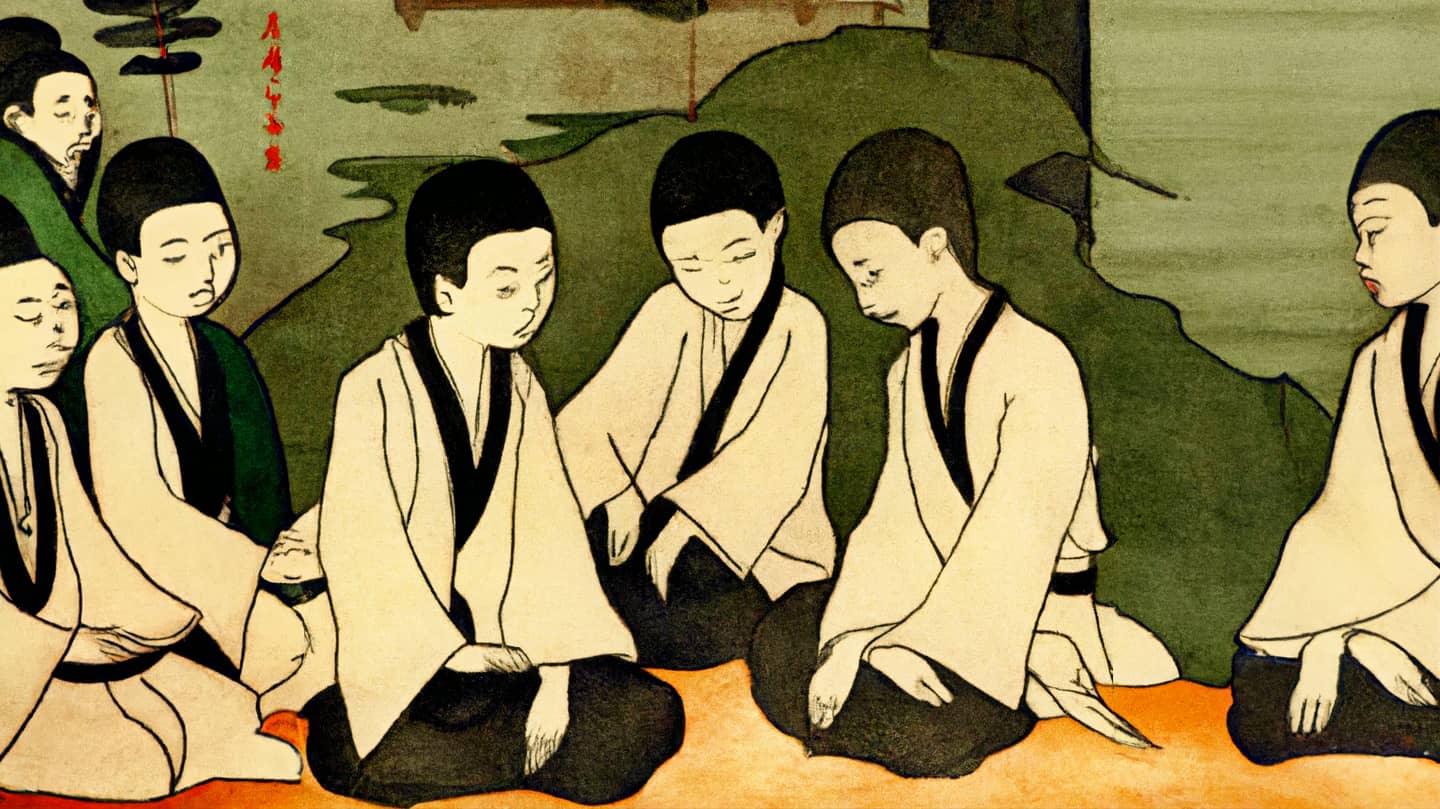Zen and the Paradox of Liberating Structures
Emerging properties surprise, but does that mean they're good?

An Inventor came to see a Master, and said: “Master, I’m so delighted. I developed this new method for collective decision-making, and it is wonderful.”
“That sounds intriguing,” said the Master. “Could you unfold it for me?”
“Of course, Master. The problem is this. In many businesses, decisions are made by their Councils of the Wise.”
“I see,” said the Master. “And I presume that your method is different?”
“Yes, Master,” said the Inventor. “My method is much better, because it involves not just the Council, but everybody in the company.”
“I see,” said the Master. “So, how does your method work?”
“We take an issue, break it into smaller parts, and invite people to work on those. Then we merge the partial results into a whole. The outcome just emerges from the process, and is always unexpected.”
“I see,” said the Master, thoughtfully. “But explain to me one thing. If the outcomes are unexpected, how do you know them to be better in advance?”
At that moment, the Inventor was Enlightened.